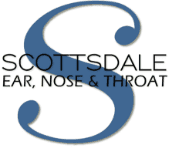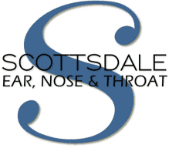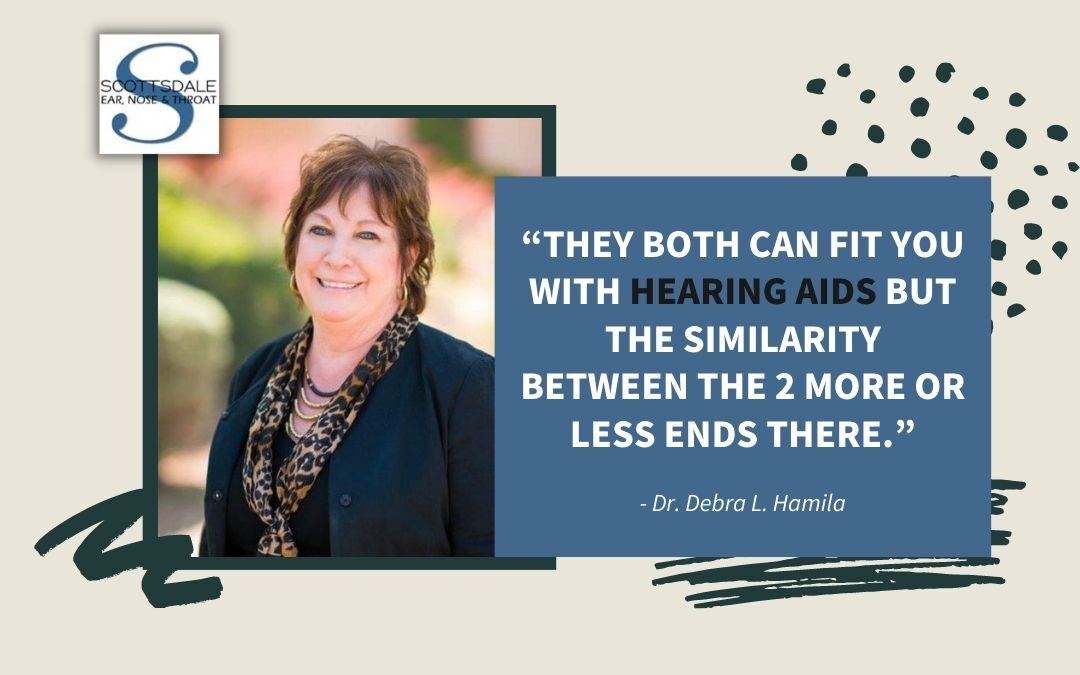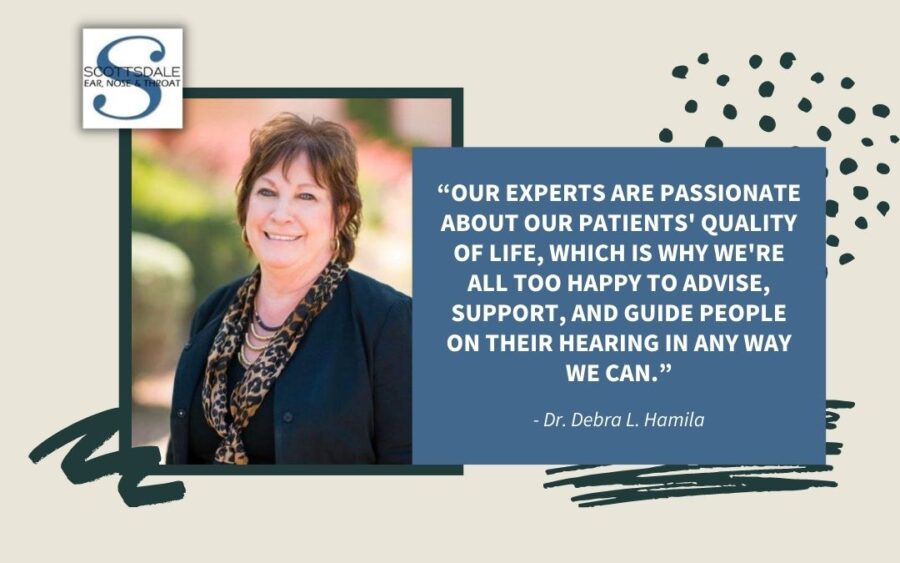If I asked you the difference between a doctor and a nurse, you’d probably find it easy enough to explain. But what if I asked you the difference between an Audiologist and a hearing aid dispenser? A whole lot trickier, right?
They both can fit you with hearing aids but the similarity between the 2 more or less ends there. Knowing the difference can make a difference to the kind of hearing health care you receive. So let’s dive into what each of these jobs are about.
What Is An Audiologist?
An Audiologist is a professional who trains for several years at university, both at graduate and postgraduate level, to diagnose hearing disorders by carrying out extensive hearing evaluations.
They can also plan ongoing treatment and fit hearing aids. They are highly regulated; after passing a national exam and undergoing extensive practical training, they have to continue to build on their professional education by taking certified courses.
What Is A Hearing Aid Dispenser?
The scope of a hearing aid dispenser’s role is limited to fitting hearing aids. This does involve carrying out hearing tests but this is with the sole goal of selling you hearing aids.
They do not diagnose or treat hearing disorders. The only professional requirement for hearing aid dispensers, in most states, is a single written and practical exam.
Why Should You Visit An Audiologist?
The benefits of visiting an audiologist include:
- Clear diagnosis – hearing loss can be caused by a whole range of things, aging, head trauma, exposure to loud noises, infection, disease, genetics, and the list goes on. Finding out exactly what is behind your hearing loss means you can get precisely the right treatment.
- Careful planning – your hearing will change over the years and is affected by the environment around you and the lifestyle you lead. A flexible treatment plan carefully devised by an Audiologist means as your needs change, so will your treatment.
- Expert advice – living with hearing loss takes some getting used to. Even after getting your hearing aids fitted, there will be a period of adjustment. Having the expert advice and ongoing care of an Audiologist can help you adjust.
- The right fit – there are lots of different kinds of hearing aids available today. An Audiologist will be able to provide you with impartial advice on the ones that will work best for your lifestyle, budget, and hearing health.
At Scottsdale Ears, Nose & Throat, our audiologists are on hand to help you manage your hearing health through the years.
You might have just started to come to terms with your hearing loss or you could have been living with it for years. Whichever the case, we are here to get you hearing better for longer. Schedule an appointment today.




